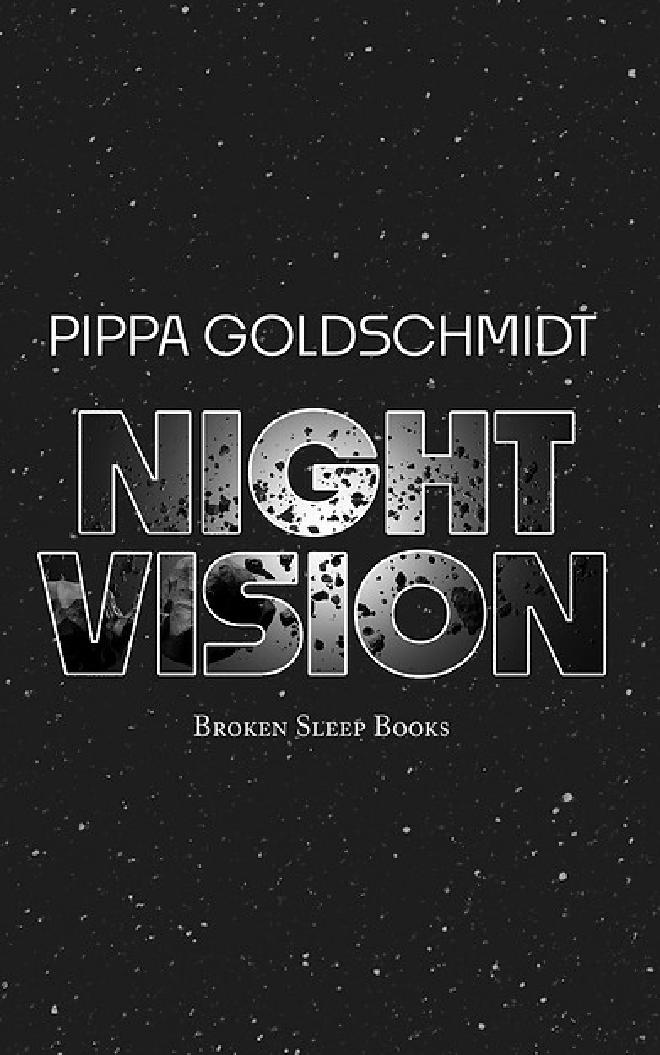
On North Ronaldsay, the northernmost island in the Orkney archipelago, lives a flock of sheep owned collectively by the small community. In the past, and before a regular and reliable boat service was established, these people needed every square inch of the island to cultivate food. They couldn’t afford to grow grass for the sheep, consequently in the nineteenth century the entire flock were banished to the coast beyond a perimeter wall which was built to enclose and protect the precious food crops.
Sheep are ruminant animals, chewing the cud at various intervals throughout the day. But the sheep on North Ronaldsay have adapted to eat seaweed, the only food available. They have to eat it when it becomes accessible to them at low tide, and consequently they have to chew the cud at high tide, twice a day, even as the timing of the tides slips around the earthly clock due to the Moon’s monthly orbit. Their digestive systems have become attuned to this orbit and the subsequent shifting to and fro of the sea. The sheep have themselves become a celestial clock.
Sheep in the sky are also a form of clock; we tell the time in astronomy by using the constellation of Aries as the start of Spring, the vernal equinox, the moment each year at which the Sun crosses from the southern to the northern hemisphere. The first point of Aries is designated as a celestial prime meridian, the zero point for measuring the east-west position of objects in the sky.
For most of my life I’ve been preoccupied with outer space, in one form or another. Night Vision is a long essay about the many different meanings and uses of space, for me personally and for humanity. Even though it’s so remote, we’re intimately connected to the sky. We site our myths in it. We test our scientific concepts, such as general relativity, in it. But increasingly space is being viewed as just another source of potential capital, and the last and largest ‘commons’ is now at risk of being enclosed by companies aiming to extract value from it. In this essay I argue that we should recognise the importance of outer space so that we can protect it, and ourselves as space travellers and workers, from exploitation.
Night Vision is published by Broken Sleep Books and can be purchased on their website. It was longlisted for Scotland’s National Book Awards in 2024, and there’s an excerpt at The Drouth.
Reviews#
“Night Vision offers an intriguing view of the stars not merely as a pleasing light show, separate from earthly concerns, but as part of a universe we are embedded in and entwined with, from astronomers and astrologers to South African platinum miners and displaced Scottish farmers.” The TLS.
“Night Vision reminds us that no matter how infinite the Universe, we and everything in it are all part of the same story. Goldschmidt’s ethos echoes that of another great writer and imaginer, Ursula K. Le Guin.” The Bottle Imp